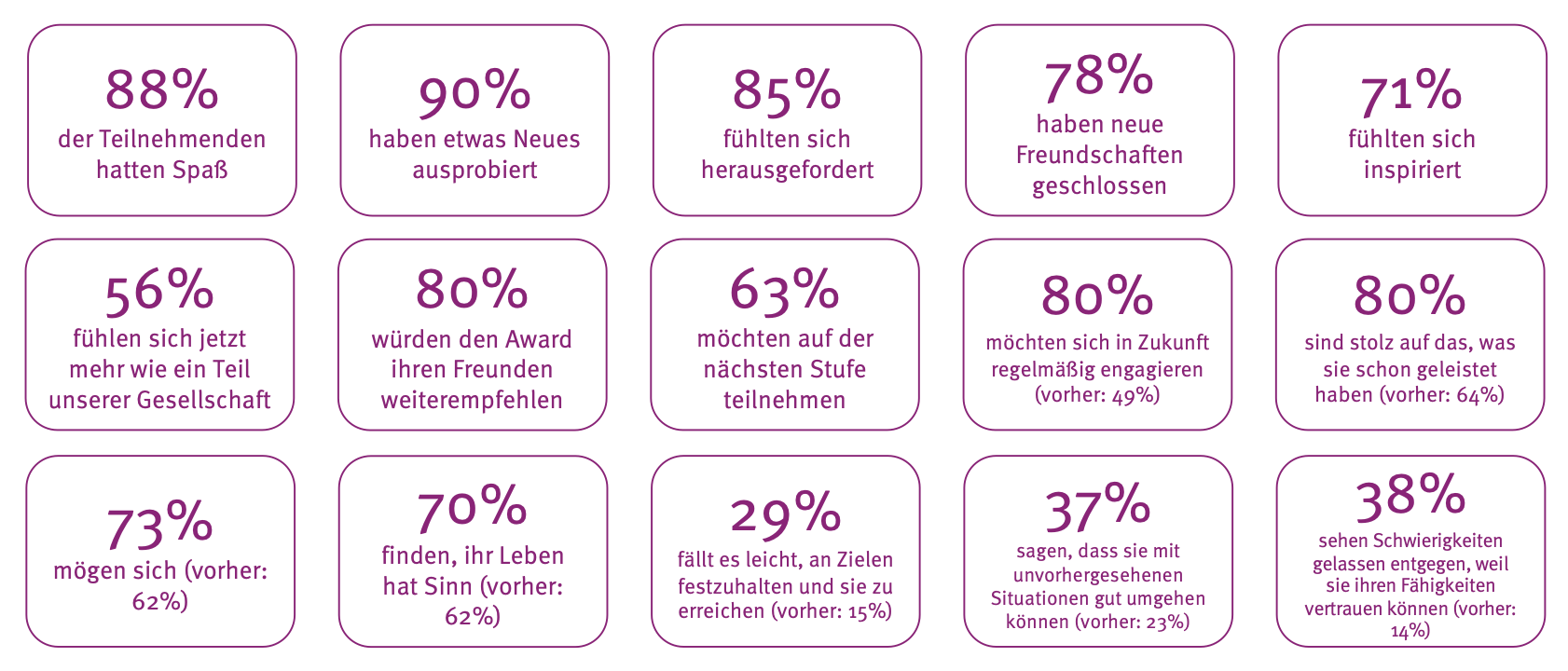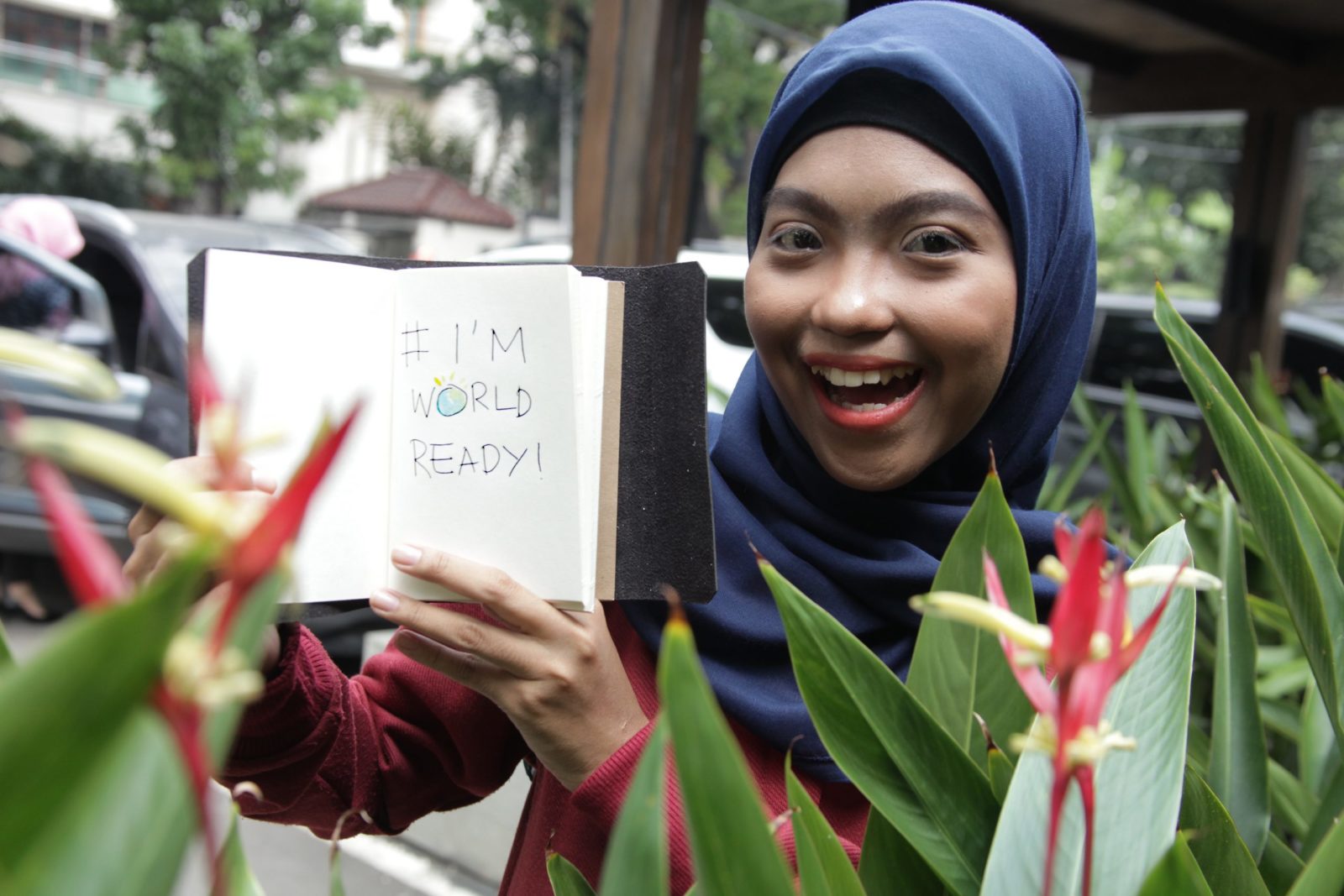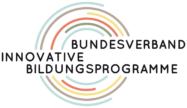What is the Duke Award?
Find out more about the structure of the Duke Awards and the reasons for educational institutions and young people to take part.
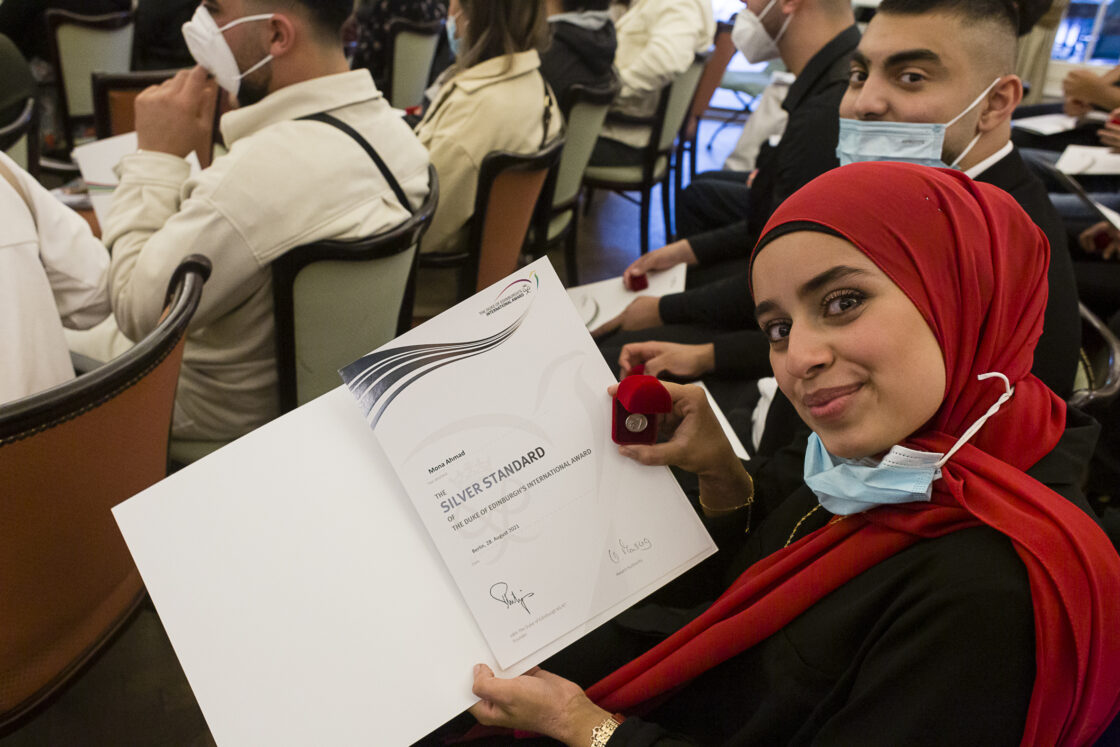
Our association
Are you interested in our team and advisory board, and the historical development of the award in Germany and around the world?
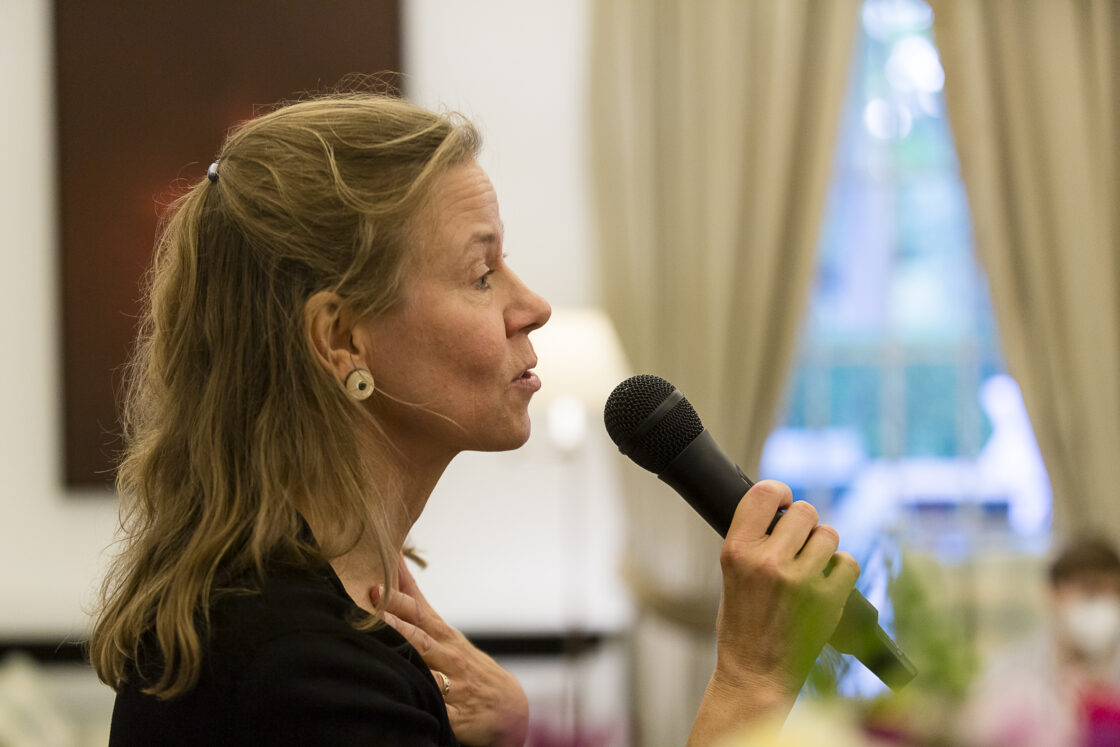
Impact
Here you will find very detailed information on the impact of the Duke Award on young people and our society.
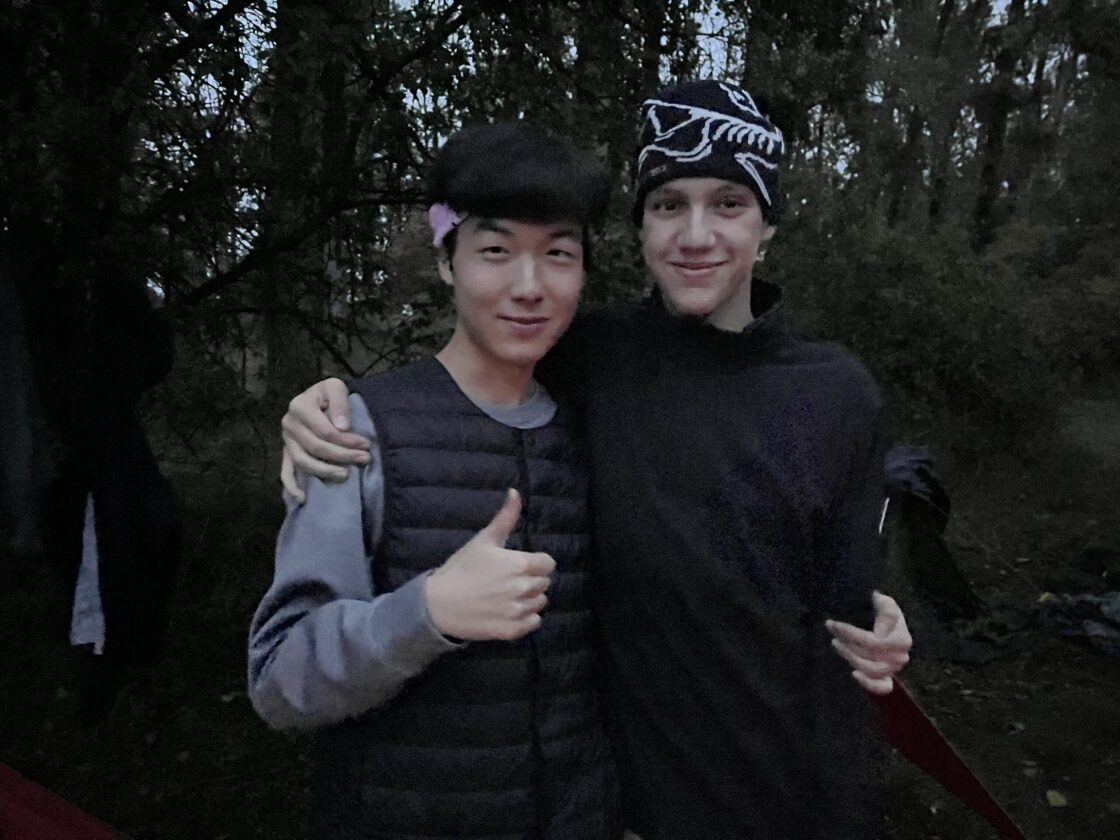
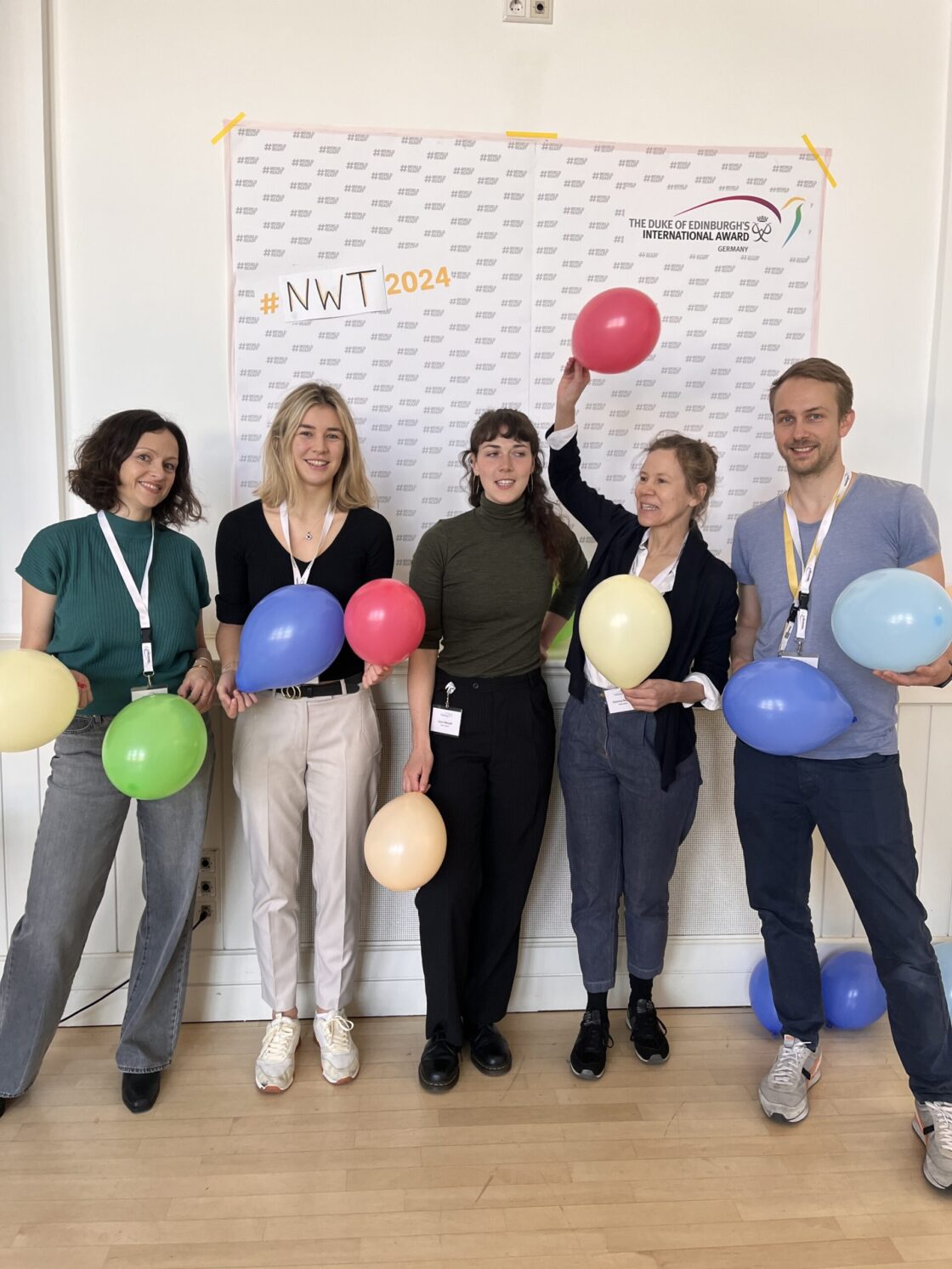
Results of our evaluation in 2022 show that participants feel empowered
